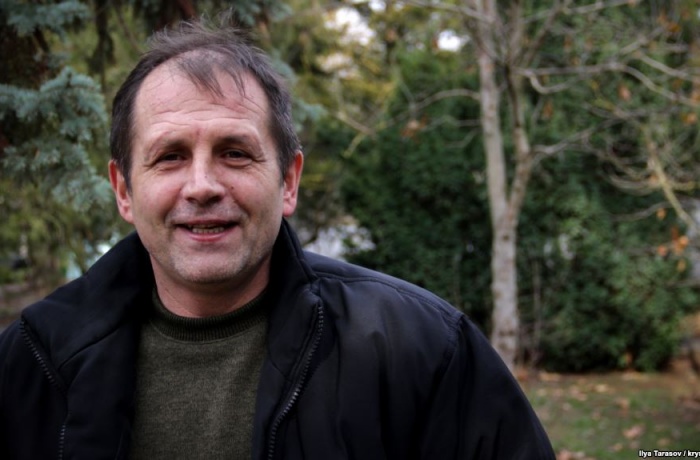
Organisers: Segodnya Information Platform and Radio Liberty
How was it possible to film footage in Crimea about the Ukrainian activist Volodymyr Balukh, who was sentenced to 5 years in prison, and what difficulties did the film crew encounter in their work? The project’s authors will answer these questions. Ukrainian media are banned in Crimea: any article for a Ukrainian website, any video recording in the street, any attempt to convey information will lead to you being banned from journalism, fines, exile, and blocked from entering Crimea for many years.
During the discussion ‘We don’t leave our people behind: What is going on in Crimea?’, we will talk about how in such circumstances we can find out what is actually happening in Crimea. How do journalists manage to get information? Why is the government afraid of journalists? And what are the actual sentiments on the peninsula today?
This discussion will include unique testimonies by people who, despite all the obstacles, still visit Crimea, who live for Crimea, and who have experienced what it means to be a ‘prisoner of the Kremlin’ firsthand.
Participants:
Anzhelika Rudenko, author of the project, reporter for Radio Liberty, editor-in-chief of the Crimea.Realities TV project;
Volodymyr Prytula, head of the Crimea.Reality project;
Olha Dinze, lawyer, defence attorney for Volodymyr Balukh; Anton Naumliuk, reporter for Radio Liberty;
Akhtem Chyigoz, deputy head of the Mejlis of the Crimean Tatar People, former political prisoner;
Daria Svyrydova, human rights advocate, lawyer with the Ukrainian Helsinki Human Rights Union.